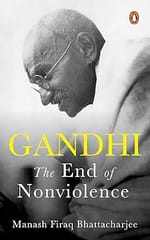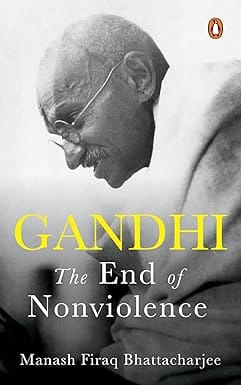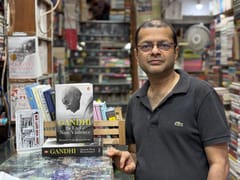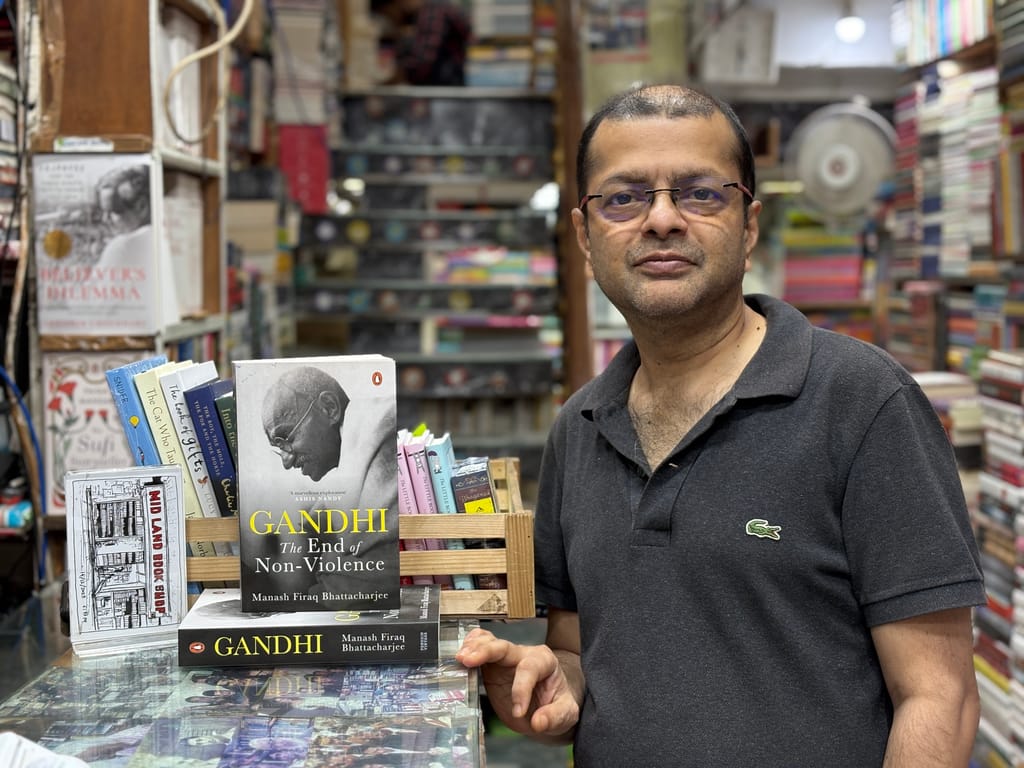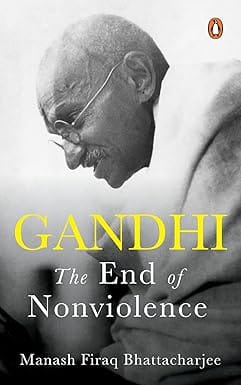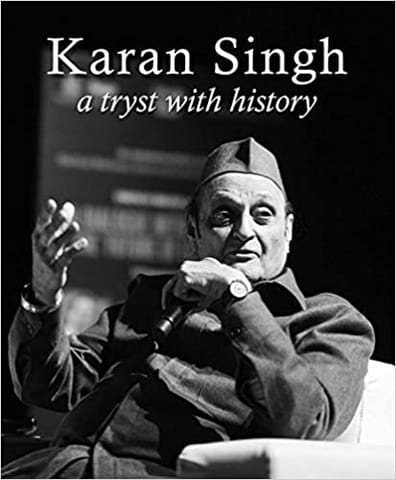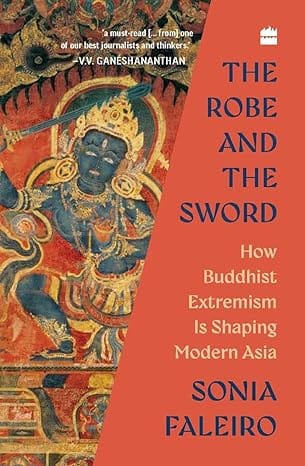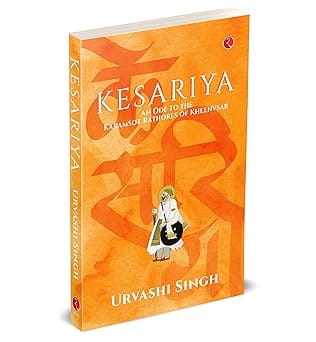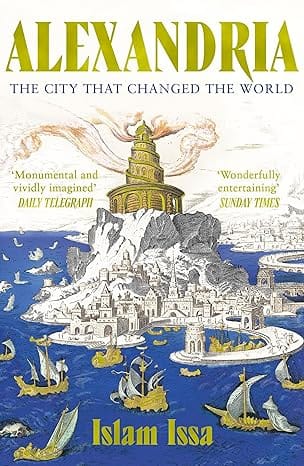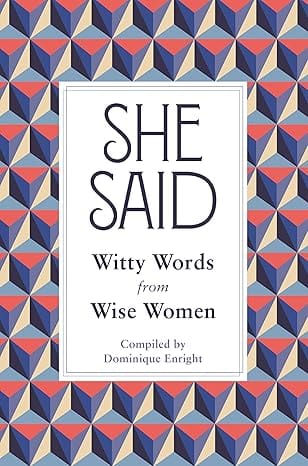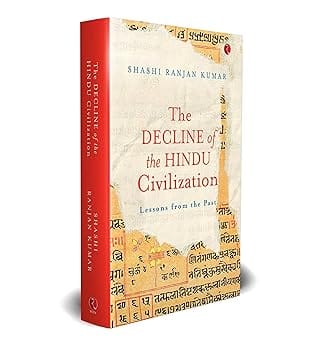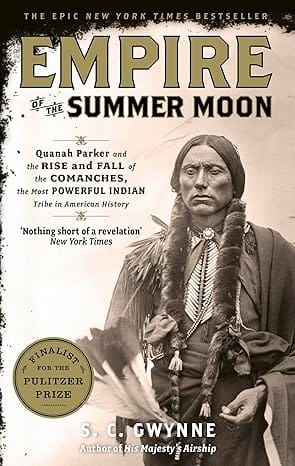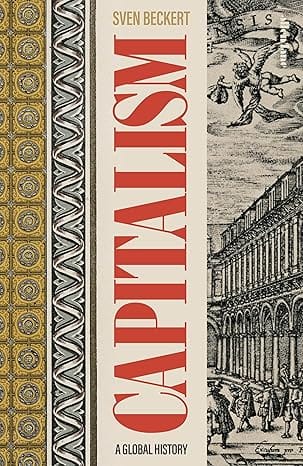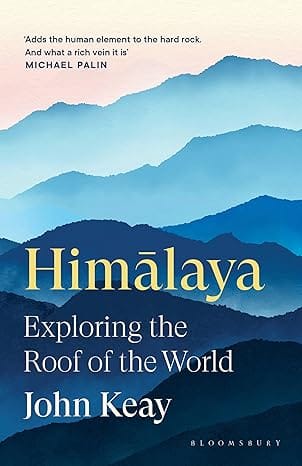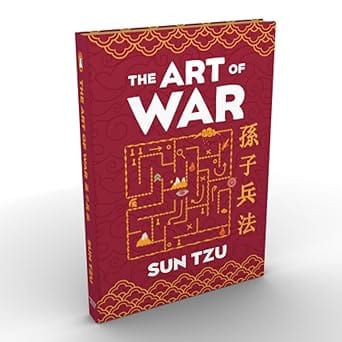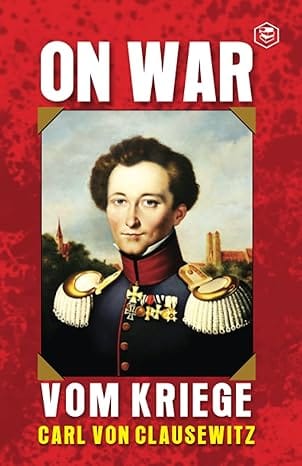- Non-ficton
- Non-ficton
- Contemporary Fiction
- Contemporary Fiction
- Children
- Children
- Comics & Graphic Novels
- Comics & Graphic Novels
- Non-Fiction
- Non-Fiction
- Fiction
- Fiction
Gandhi was 20th century’s most acclaimed political thinker-practioner of nonviolence. His method of nonviolence, however, was under trial during the ferocity of Partition. Why was it so? Gandhi: The End of Nonviolence explores this crisis in depth.
Putting Gandhi center stage in significant political events ranging from the Khilafat Movement (1919-1922) to Partition (1946-1947), Manash Firaq Bhattacharjee critically engages with some of the key figures who had a stake on the Hindu-Muslim question: Maulana Mohamad Ali, Muhammad Iqbal, the Arya Samajists, B.R. Ambedkar, Swami Vivekananda, Sri Aurobindo and Vinayak Damodar Savarkar.
The tragic repercussions of Jinnah’s declaration of ‘Direct Action Day’ on 16th August 1946 leads Manash to ask probing questions on the persistent malady in our political history: How does communal politics descend into genocide? What is the psychology of communal violence? Attentively reading the exceptional witness accounts of Pyarelal, Nirmal Kumar Bose and Manu Gandhi, Manash throws light on the many shades of Gandhi’s epic peace mission as he walks (often barefoot) through the devastated neighbourhoods of Noakhali, Bihar, Calcutta and Delhi, offering courage and healing wounds.
Combining poetic flair, diligent research and argumentative rigour, this one-of-a-kind book reminds us why Gandhi is part of our ethical conscience and transforms our understanding of the human condition.
Review
A robust and refreshing defence of Gandhi's moral and political career-- "Faisal Devji, Professor of Indian History, St Antony's College, University of Oxford"
Manash Firaq Bhattacharjee brings his literary sensibility and philosophical inclination to this historically grounded study... as meditations upon the limits of both violence and non-violence and gives us a book of lasting value-- "Tridip Suhrud, eminent Gandhi scholar, writer and translator"
This book is an illuminating contribution to our understanding of Gandhi's political and ethical thought- as well as of the end of British rule in India-- "Talal Asad, Distinguished Professor of Anthropology, City University of New York"
This book is part of the rediscovery of Gandhi by a new generation... Manash Firaq Bhattacharjee's Gandhi is a marvellous exploration-- "Ashis Nandy, Indian political psychologist, social theorist, futurist and critic"
This book raises important persistent questions about the role of non-violence in public life, and also the nature of mass violence and its organization-- "Judith M Brown, former Beit Professor of Commonwealth History; former Fellow of Balliol College, Uni"
About the Author
Gandhi The End Of Non-violence
SIZE GUIDE
- ISBN: 9780143471707
- Author: Manash Firaq Bhattacharjee
- Publisher: Penguin Books
- Pages: 528
- Format: Paperback
Book Description
Gandhi was 20th century’s most acclaimed political thinker-practioner of nonviolence. His method of nonviolence, however, was under trial during the ferocity of Partition. Why was it so? Gandhi: The End of Nonviolence explores this crisis in depth.
Putting Gandhi center stage in significant political events ranging from the Khilafat Movement (1919-1922) to Partition (1946-1947), Manash Firaq Bhattacharjee critically engages with some of the key figures who had a stake on the Hindu-Muslim question: Maulana Mohamad Ali, Muhammad Iqbal, the Arya Samajists, B.R. Ambedkar, Swami Vivekananda, Sri Aurobindo and Vinayak Damodar Savarkar.
The tragic repercussions of Jinnah’s declaration of ‘Direct Action Day’ on 16th August 1946 leads Manash to ask probing questions on the persistent malady in our political history: How does communal politics descend into genocide? What is the psychology of communal violence? Attentively reading the exceptional witness accounts of Pyarelal, Nirmal Kumar Bose and Manu Gandhi, Manash throws light on the many shades of Gandhi’s epic peace mission as he walks (often barefoot) through the devastated neighbourhoods of Noakhali, Bihar, Calcutta and Delhi, offering courage and healing wounds.
Combining poetic flair, diligent research and argumentative rigour, this one-of-a-kind book reminds us why Gandhi is part of our ethical conscience and transforms our understanding of the human condition.
Review
A robust and refreshing defence of Gandhi's moral and political career-- "Faisal Devji, Professor of Indian History, St Antony's College, University of Oxford"
Manash Firaq Bhattacharjee brings his literary sensibility and philosophical inclination to this historically grounded study... as meditations upon the limits of both violence and non-violence and gives us a book of lasting value-- "Tridip Suhrud, eminent Gandhi scholar, writer and translator"
This book is an illuminating contribution to our understanding of Gandhi's political and ethical thought- as well as of the end of British rule in India-- "Talal Asad, Distinguished Professor of Anthropology, City University of New York"
This book is part of the rediscovery of Gandhi by a new generation... Manash Firaq Bhattacharjee's Gandhi is a marvellous exploration-- "Ashis Nandy, Indian political psychologist, social theorist, futurist and critic"
This book raises important persistent questions about the role of non-violence in public life, and also the nature of mass violence and its organization-- "Judith M Brown, former Beit Professor of Commonwealth History; former Fellow of Balliol College, Uni"
About the Author
User reviews
NEWSLETTER
Subscribe to get Email Updates!
Thanks for subscribing.
Your response has been recorded.

India's Iconic & Independent Book Store offering a vast selection of books across a variety of genres Since 1978.
"We Believe In The Power of Books" Our mission is to make books accessible to everyone, and to cultivate a culture of reading and learning. We strive to provide a wide range of books, from classic literature, sci-fi and fantasy, to graphic novels, biographies and self-help books, so that everyone can find something to read.
Whether you’re looking for your next great read, a gift for someone special, or just browsing, Midland is here to make your book-buying experience easy and enjoyable.
We are shipping pan India and across the world.
For Bulk Order / Corporate Gifting
 +91 9818282497 |
+91 9818282497 |  [email protected]
[email protected]
Click To Know More
INFORMATION
QUICK LINKS
ADDRESS
Shop No.20, Aurobindo Palace Market, Near Church, New Delhi

